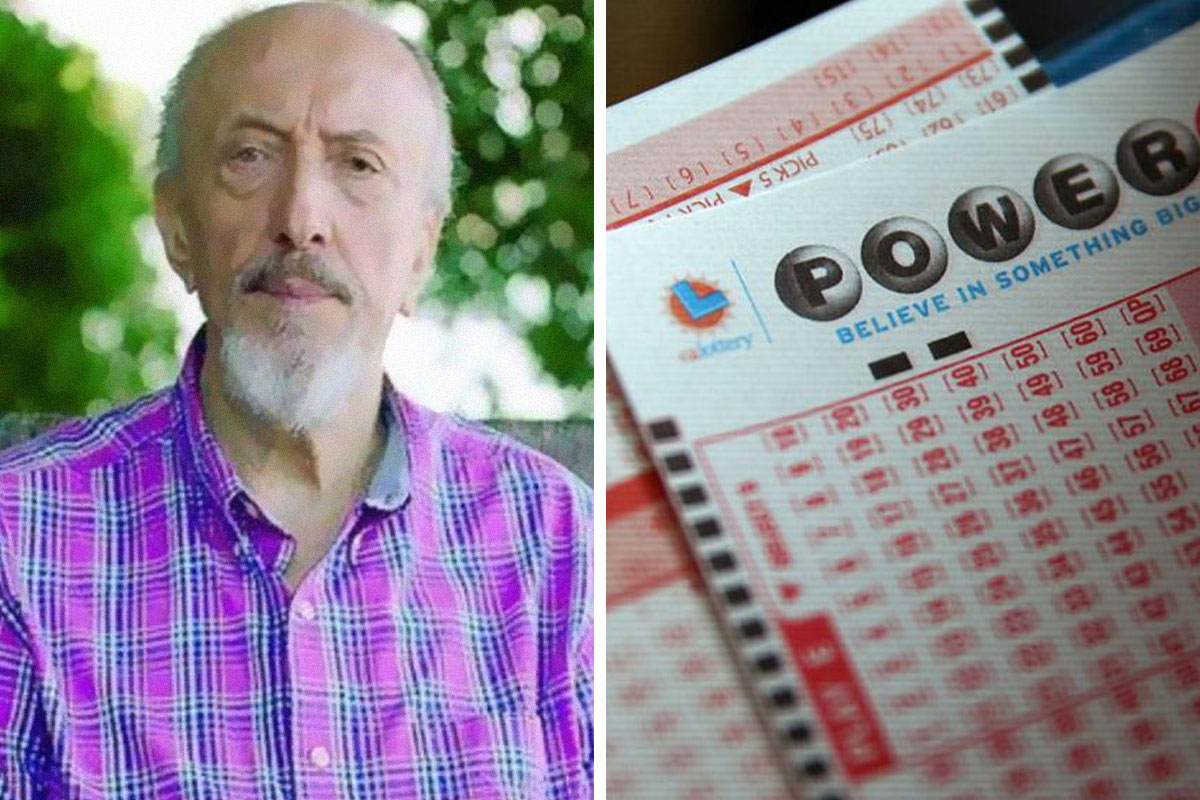
Mathematician Explains The Basic ‘Hack’ He Used To Win The Lottery 14 Times, Australia Even Had To Pass New Laws To Stop Him
It’s common knowledge that you can’t game lotteries consistently—they’re far too complicated for that. However, that hasn’t stopped some people from trying. And some lucky and talented folks have actually found ways to beat the system. At least temporarily.
That’s where mathematician Stefan Mandel comes in. The Romanian-born Australian citizen has won the jackpot a jaw-dropping 14 times. And the math he uses is incredibly simple, though his ‘hack’ is far from easy to implement. What’s more, you wouldn’t be able to repeat what Mandel did these days, considering that lottery laws have changed as a result of his success.
Bored Panda wanted to learn more about why people play the lottery and what the disadvantages of winning the jackpot are, so we got in touch with Dr. Kevin Bennett, Teaching Professor of Psychology at Penn State Beaver and the host of the podcast ‘Kevin Bennet is Snarling.’ Read on for his insights.
Winning the lottery is something that many people dream about, however, gaming the system is nearly impossible in this day and age
Image credits: Waldemar (not the actual photo)
Mathematician Stefan Mandel is probably best known for his 14 lottery wins
Image credits: Stefan Mandel
Image credits: Youtube
Image credits: Stefan Mandel
Image credits: Stefan Mandel
His approach to winning involved buying up every possible ticket combination if the size of the jackpot was bigger than the costs he’d face
Image credits: Stefan Mandel
Image credits: Stefan Mandel
The mathematician got investors on board with his strategy and ended up netting over $30 million over the decades
Image credits: Stefan Mandel
Image credits: Youtube
Image credits: Stefan Mandel
Image credits: Youtube
However, in response to this, some countries like Australia and Romania changed their lottery laws
Image credits: Stefan Mandel
Image credits: Youtube
Image credits: Youtube
Image credits: Stefan Mandel
He won a massive jackpot in Virginia back in 1992
Image credits: Stefan Mandel
Image credits: Stefan Mandel
Image credits: Stefan Mandel
Image credits: Stefan Mandel
At its core, Mandel’s strategy was quite straightforward. The mathematician realized that, in some cases, the jackpot prize was bigger than the cost of buying enough tickets to play every possible combination. If you were able to find draws like that, had the financial backing to do so, and could find a way to print countless tickets, you could, in theory, guarantee yourself a win.
For instance, if there was a lottery that asked you to pick 6 numbers from 1 to 40, there are a total of 3,3838,380 different ticket combinations.
That’s what Mandel did, searching for lotteries where the jackpot would be at least three times as big as the number of combinations. He put theory into practice, winning the jackpot a whopping 14 times, for a total of over $30 million, with the help of investors. And everything he did was perfectly legal at the time, though the Australian authorities believed it went against the spirit of the lottery.
New laws were introduced, barring groups of people from buying up all the tickets in a draw. Mandel, in turn, worked his way around the system and created a lottery firm, but the lottery system adapted to him.
Eventually, the mathematician realized that the United States hadn’t restricted the lottery system as much as Australia. In 1992, he convinced 2,500 Australian investors to pitch in with $2,500 each to buy up all the tickets in the Virginia lottery which has a jackpot of $27 million.
“I knew that I would win one first prize, six second prizes, 132 third prizes, and thousands of minor prizes,” Mandel told Planet Money. Though his syndicate ended up being investigated by the authorities, he was never found guilty of any wrongdoing.
Naturally, you wouldn’t be able to apply any of the mathematician’s strategies these days because the laws have changed so much. In short, you’ll have to rely either on luck or put your mind to work and find a different winning approach.
Mandel was far from the only person to ‘hack’ the lottery system. For instance, Gerald and Marjorie Selbee managed to figure out how to game the (now discontinued) Michigan lottery, Winfall. The couple and their investment group got nearly $27 million, with a profit of $7.75 million, paid out over nine years.
In essence, in the Winfall lottery, picking six correct numbers means someone won the jackpot. However, if nobody won it, the prize money would ‘roll down’ and would end up being distributed among all the people who guessed five, four, three, or two of the numbers correctly. The tickets cost just $1 and the Selbees quickly figured out that buying the tickets in bulk during the ‘roll down’ weeks would net them a sizeable profit.
They formed an investment group made up of 32 people, 20 of which were relatives, and played the game for two years. This larger group of people meant that they could tackle the practical challenges that their strategy required, namely, spending lots of time printing out, organizing, and counting tickets. Most lottery ‘hacks’ involve large groups of people buying tickets in bulk.
Though keep in mind that winning the lottery really isn’t the blessing that you might think it is. Along with all those enticing millions, you get endless anxiety and friends and strangers constantly pestering you for money. You also open yourself up to lawsuits and risk developing substance abuse issues.
Mandel’s approach has long fascinated people. You can learn more about him here
Image credits: paulwherbert / Youtube
Dr. Bennett was kind enough to explain to us why people play the lottery. “People enjoy playing the lottery because we are very good at self-deception. When can temporarily manipulate our perceptions of reality so that our behaviors and preferences will fit in better,” he said.
“Many cognitive distortions are at play when we consider the underlying psychology of gambling. Those distortions include unrealistic optimism concerning probabilities, the availability bias, gambler’s fallacy, and the illusion of near misses,” he told Bored Panda.
“Humans are very good at overlooking or minimizing the obstacles that stand in our way of doing something with a very very low probability.”
Meanwhile, we were curious about the drawbacks of winning the jackpot, as well as what can help winners stay grounded. “In some cases, a jackpot will change lives forever. Winning the lottery can bring immense wealth and seemingly endless possibilities, but there are also disadvantages,” Dr. Bennett said that this can lead to emotional and psychological challenges, the loss of privacy, an increased risk of exploitation, as well as strained relationships.
“Winners may struggle with feelings of guilt, paranoia, or anxiety about their new financial status,” he told Bored Panda. “Additionally, managing large sums of money and making wise financial decisions can be stressful and overwhelming.”
What’s more, lottery winners can lose their privacy when their identities become known to the public at large. “They may be inundated with requests for interviews, financial advice, or even unsolicited proposals. The constant attention can be overwhelming and disruptive to their personal lives,” Dr. Bennett warned.
Meanwhile, others may seek to take advantage of the winner’s money. “Friends, family members, and even strangers may approach you with sob stories or business proposals, making it difficult to discern genuine relationships from opportunistic ones,” he said. Furthermore, your relationships with family, friends, and strangers may end up being strained.
“Disagreements may arise over financial matters, leading to conflicts and strained connections. It can be challenging to navigate these changes and maintain healthy relationships with those close to you.”
As we’ve covered on Bored Panda before, winning the lottery essentially means that your family and friends will all start doing mental calculations about what they think you can afford to spend, and what you ‘owe’ them. They’ll likely start pestering you for gifts and cash and help to pay off their loans. And if you refuse, they might cut ties or even take you to court.
One way to get ahead of this problem is to tell your nearest and dearest that you will be giving most of your money to charity. After you’ve supported the organizations you care about, you can then set aside the amount of money you want to give your relatives and BFFs. However, you have to be very firm with yourself: pick a number and stick with it.
Giving people money without expectations is far better than lending it to them if you want to avoid some weird relationship dynamics in the future. You don’t want to attach strings in these cases.
Meanwhile, if you don’t have to disclose your name when you win the lottery, one of the best things you can do is practice stealth wealth. That involves living a strictly middle-class lifestyle while having lots of savings and safe(r) investments. This way, you’ll draw far less attention than someone living an ultra-rich lifestyle.
Here’s what some internet users had to say about the mathematician’s string of successes
I watched a documentary on this dude a couple of days ago. His "hack" was just buying every single combination so he was guaranteed to win. There are laws against this "strategy" now.
If he was able to do that and still make a profit, the lottery was flawed to begin with. If you tried that in the UK, you would lose millions of pounds on every draw.
Load More Replies...Oh, here's a game so that you can win a prize but don't try to win too hard because we don't like that 🙄
I watched a documentary on this dude a couple of days ago. His "hack" was just buying every single combination so he was guaranteed to win. There are laws against this "strategy" now.
If he was able to do that and still make a profit, the lottery was flawed to begin with. If you tried that in the UK, you would lose millions of pounds on every draw.
Load More Replies...Oh, here's a game so that you can win a prize but don't try to win too hard because we don't like that 🙄
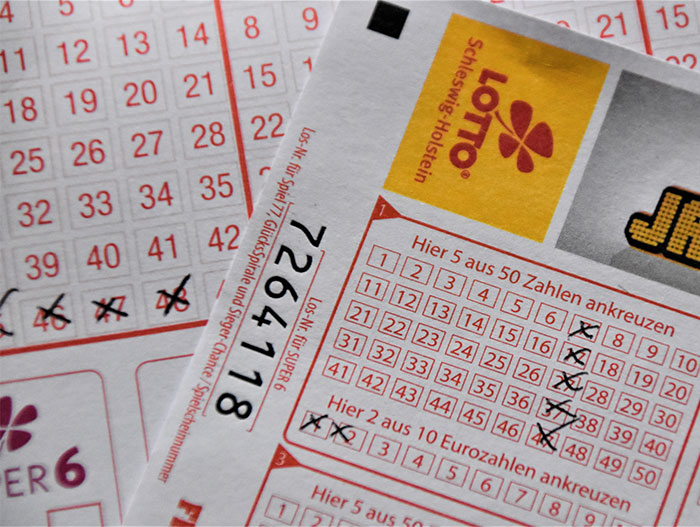
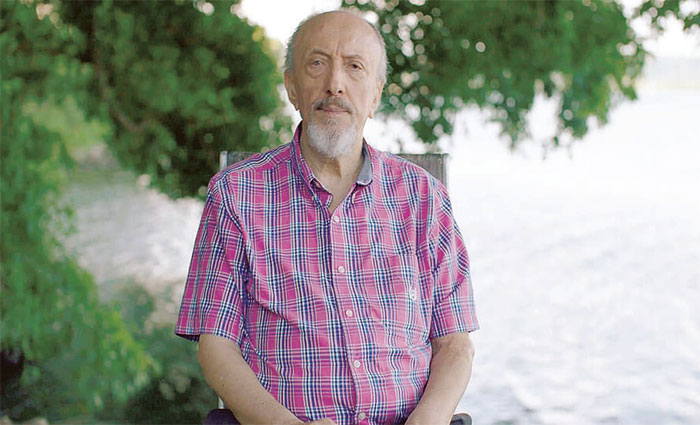





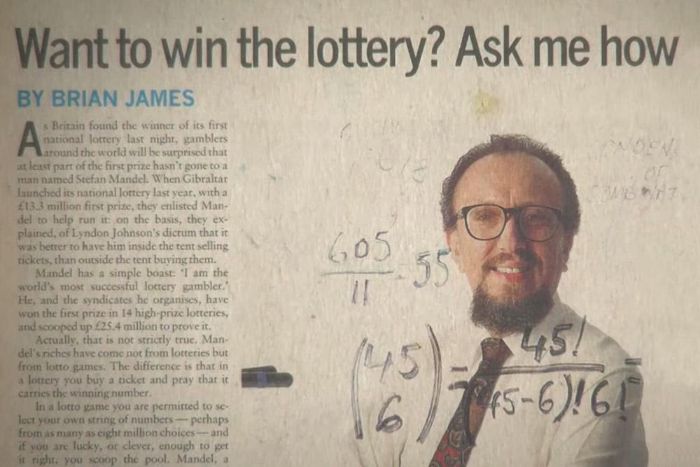
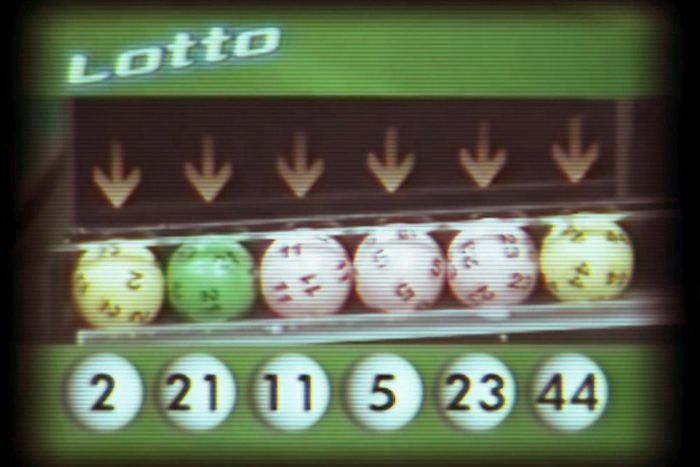


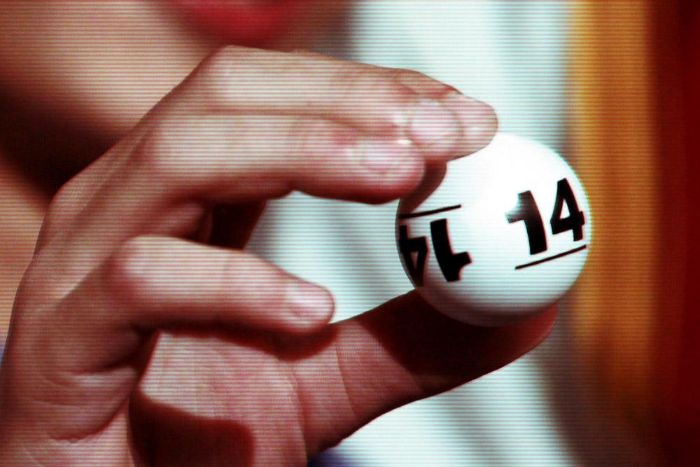

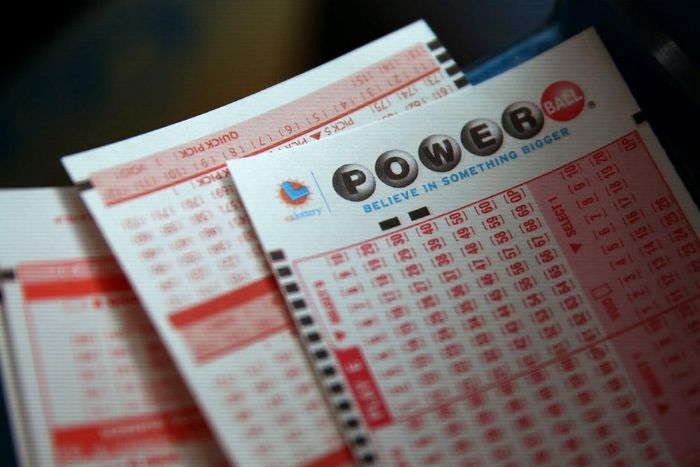

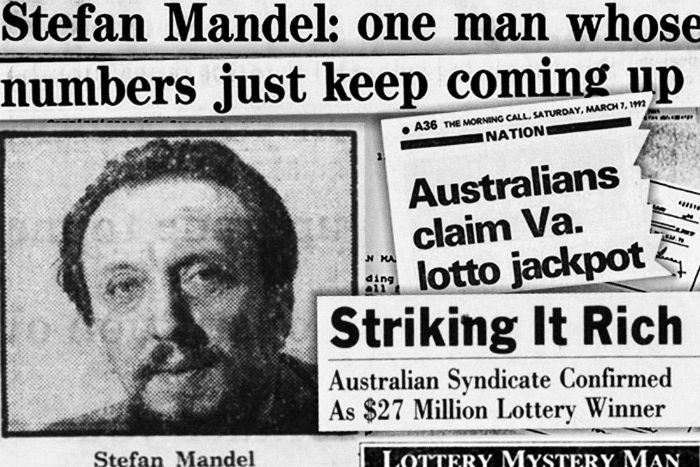

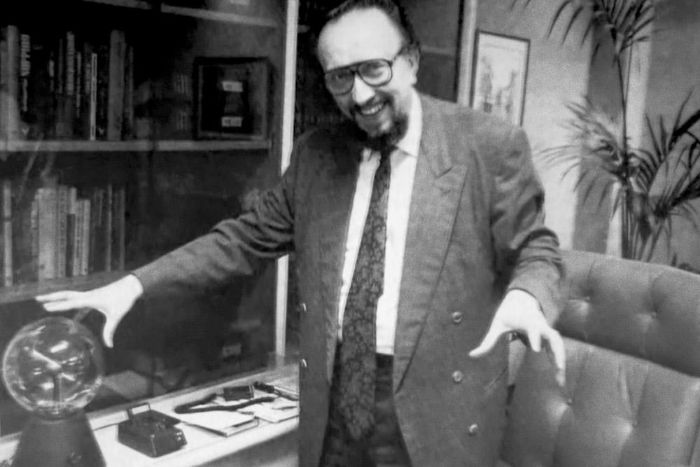




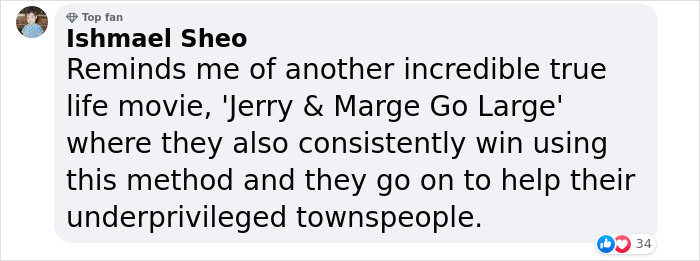
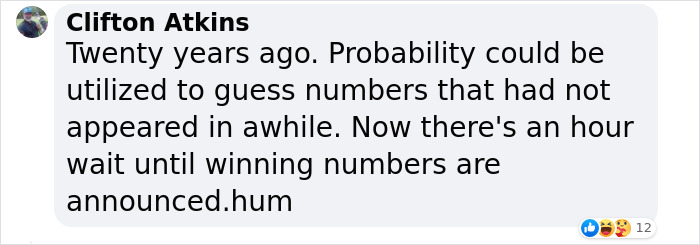

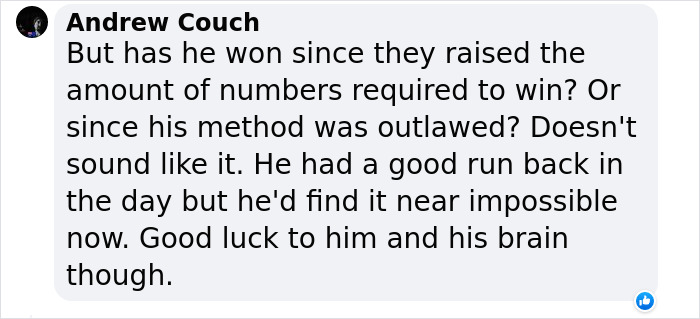




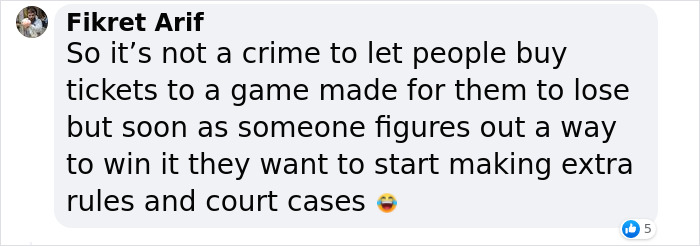




68
22